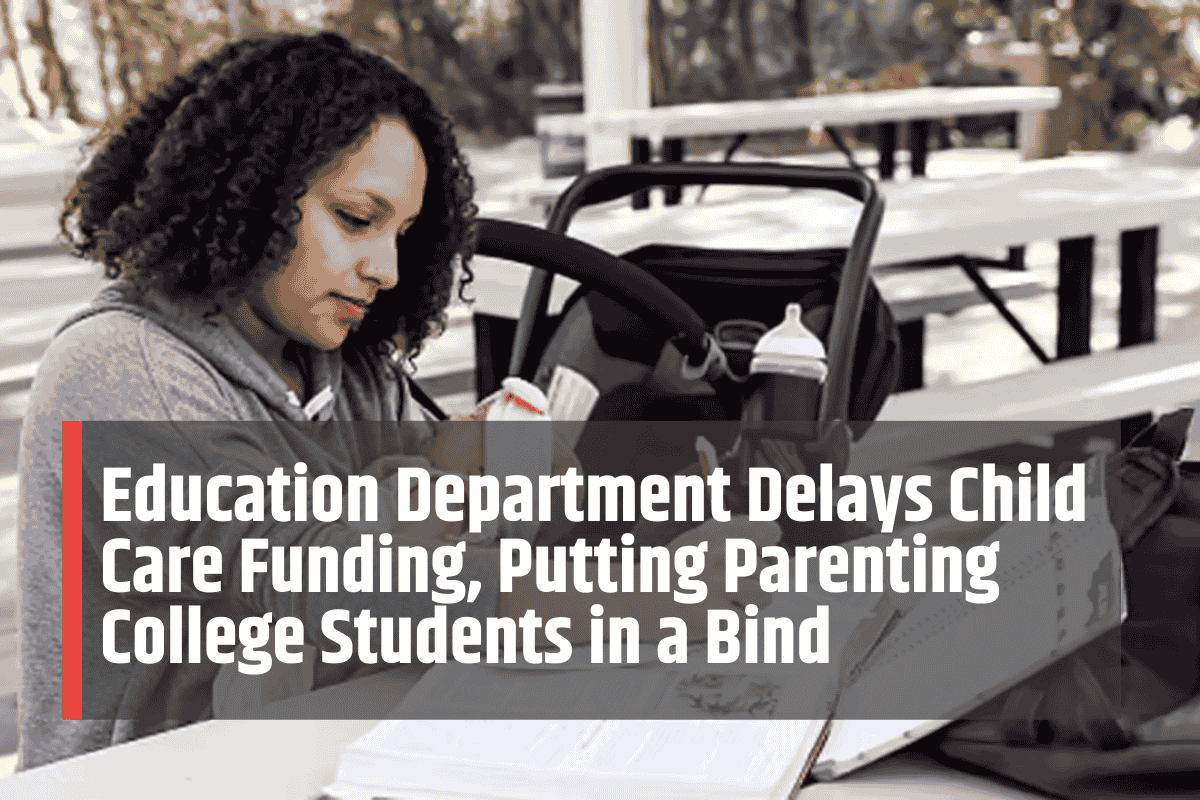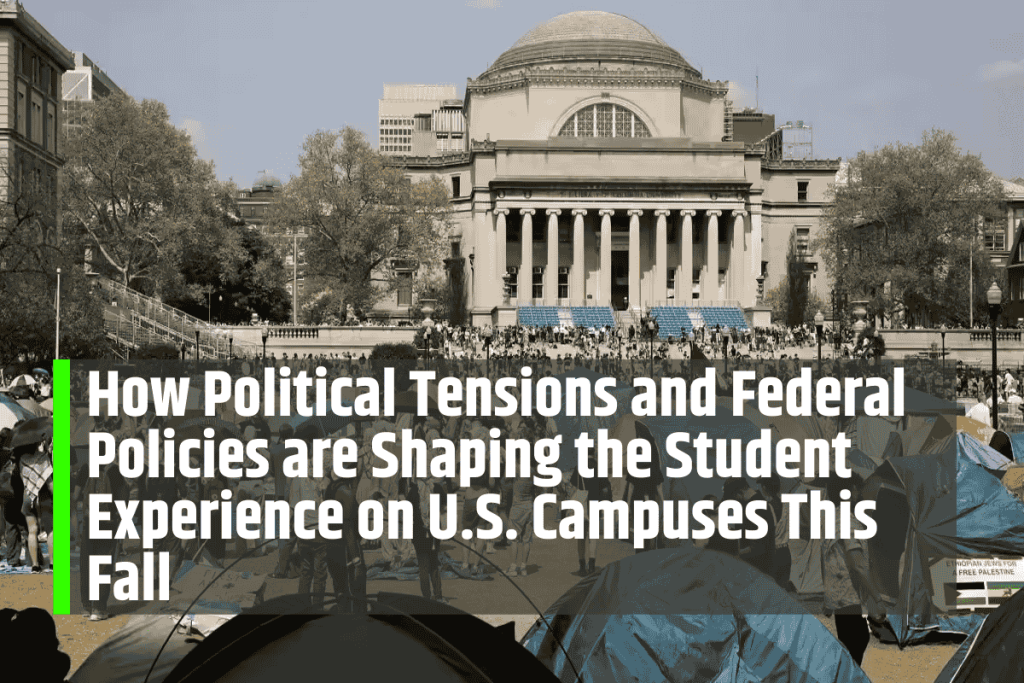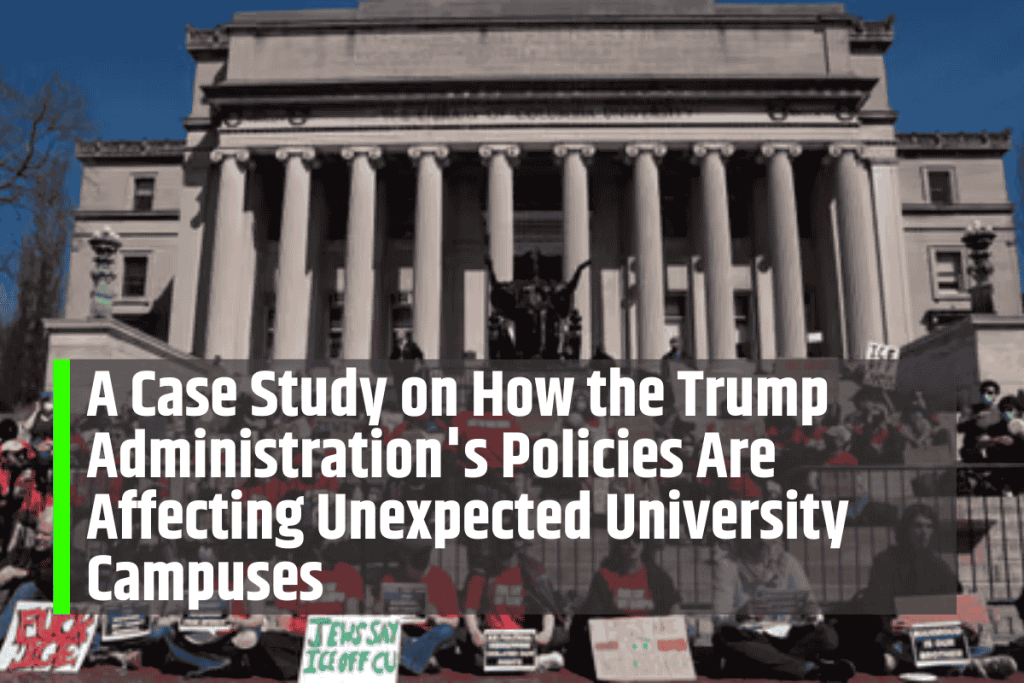In cities such as Detroit, Austin, and Denver, parenting students face a daunting reality. Late-night study sessions are punctuated by infant care, while community college classes compete with diaper runs. These students already balance precarious schedules, and delayed government support has made an already fragile situation even more unsustainable.
Who Are Parenting Students?
Across the United States, student parents form a substantial yet often overlooked population. Many are older than traditional undergraduates, juggling coursework alongside part-time or full-time jobs. In places like Philadelphia and Seattle, surveys suggest nearly 20 percent of undergraduates have dependents, underscoring the scale of this challenge within higher education.
Struggles Without Reliable Child Care
Without dependable child care, student parents risk missing lectures, falling behind on coursework, or withdrawing altogether. Missed classes can jeopardize financial aid eligibility, while erratic schedules make completing assignments harder. This reality disproportionately affects women, particularly single mothers, intensifying the already high barriers faced by low-income students striving for upward mobility.
Federal Funding Delays Explained
Central to the crisis is a delay by the U.S. Department of Education in distributing funds earmarked for child care. These grants were designed to help colleges expand on-campus facilities or sustain existing services. Bureaucratic hurdles—late approvals, slow allocations, and backlog issues—have stalled the rollout, leaving institutions scrambling to cover costs.
Consequences for Institutions
Colleges had planned around anticipated funding to build new centers, extend hours, or serve commuter students with flexible schedules. With the money delayed, projects are stalled or canceled outright. Universities are left struggling to maintain essential services, even as demand for child care rises sharply among nontraditional and working-class student populations.
The Chicago Example
In Chicago, a campus child care center known for extended evening and weekend hours now faces potential closures on weekends. For parents attending night classes, this shift poses serious challenges. Without affordable options, many must arrange unreliable after-school care or cut back on coursework, jeopardizing their academic trajectories.
Miami’s Waitlist Dilemma
At a Miami community college, on-site child care facilities are buckling under pressure. Waitlists, once manageable, now stretch endlessly. Parents recount reducing work shifts to care for children at home, cutting into already tight household incomes. For some, this means delaying essential purchases or sacrificing tuition payments to keep their families afloat.
Denver’s Stalled Expansion
Denver illustrates the ripple effect of uncertainty. A university planned to open a new child care facility with outdoor spaces and flexible scheduling. With federal funding delayed, construction has been frozen, leaving parents and newly hired staff in limbo. Students and faculty alike are caught in the financial and logistical fallout.
Broader Equity Concerns
This issue is about more than inconvenience—it’s a matter of educational equity. Parenting students are disproportionately women and people from low-income households. In Birmingham and Phoenix, where tight financial margins are common, the absence of reliable care means every missed class risks eligibility for aid, further entrenching cycles of inequality.
Generational Costs of Dropouts
The long-term implications extend beyond individuals. When student parents drop out, entire families lose opportunities for upward mobility. Communities lose workers and leaders who could have contributed economically and socially. Delayed funding thus represents more than administrative inefficiency; it creates barriers to generational progress and undermines the purpose of higher education.
How Parents Are Responding
In San Antonio, parenting students have created a cooperative system: rotating supervision allows peers to cover classes while others provide care. In Portland, advocacy groups are petitioning city councils for interim grants. These grassroots responses highlight resilience but also underscore the inadequacy of informal or temporary solutions for long-term educational equity.
Informal Networks and Risks
Some parents rely on grandparents, neighbors, or friends. While these arrangements offer short-term relief, they lack the reliability and safety standards of licensed facilities. Parents often describe heightened anxiety over childcare gaps, compounding the stress of balancing assignments, exams, and financial pressures—all while striving to provide stability for their children.
Institutional Stopgap Measures
Universities are attempting their own fixes. An Atlanta institution redirected discretionary funds to extend hours, while a San Francisco school partnered with nonprofits to provide vouchers for off-campus care. Though helpful, these solutions are limited in scope and unsustainable without federal or state funding to support long-term stability and expansion.
The Urgent Need for Policy Action
Policymakers must prioritize child care funding for higher education institutions. Streamlined approval processes, interim financial support, and stronger partnerships with local providers are essential. Advocacy from student parents and universities can push the issue forward, but lasting solutions demand coordinated action between government agencies, colleges, and community organizations.
Supporting Student Parents Benefits All
The Education Department’s funding delay has left parenting students more vulnerable than ever. From Chicago to Phoenix, the effects are clear: increased stress, financial strain, and academic risk. Supporting these students is not charity—it is investment. When student parents succeed, families, communities, and the broader society all move forward together.











Leave a Comment